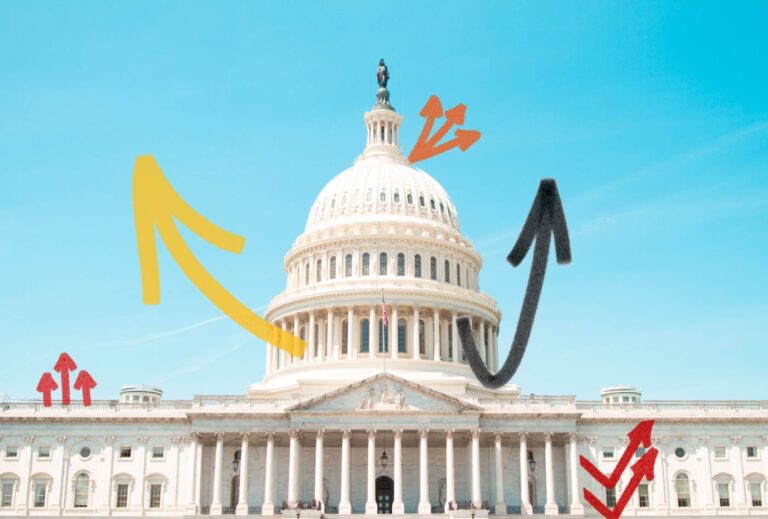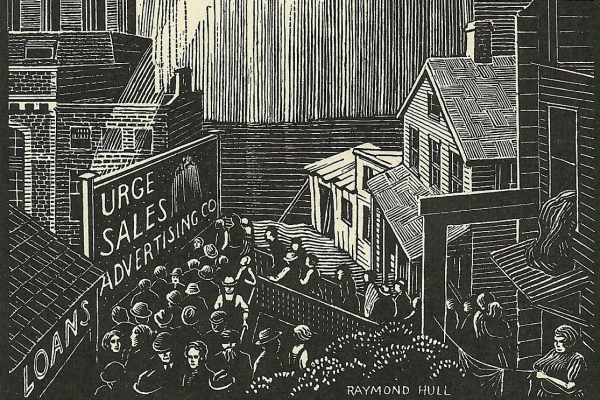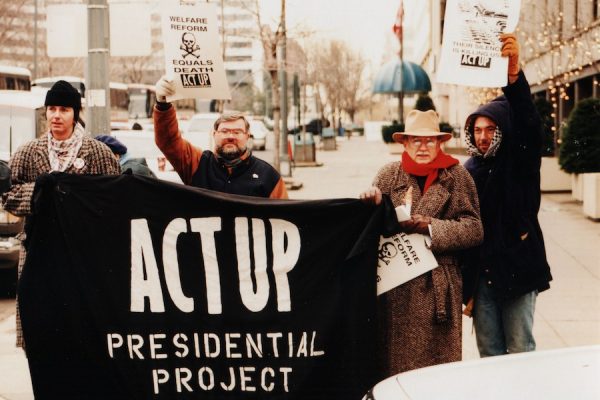As critics of capitalism have long observed, the market is not what it seems. While it is sometimes defended on the basis of freedom and equality, beneath its surface lurk vast imbalances of power that make a mockery of such ideals. This week’s victory for UAW workers is a case in point. To overcome employers’ overwhelming advantage in the labor market, individual workers must band together to take collective action.
The fact that power plays a key role in shaping market interactions may seem obvious, but libertarian ideology has become so entrenched that even its keenest critics sometimes neglect to consider the implications. As Michael McCarthy argues in a review of Fred Block’s and Margaret Somers’s The Power of Market Fundamentalism: “By effectively downplaying business interests, and sidelining capitalism altogether, their Polanyian account buries the most important elements of the origins and revival of the free market paradigm.” According to McCarthy, these elements are “classes, interests, conflict, and above all else power.”
Looking beyond the labor market, power, class, and interest are also central to renewed debates over industrial policy. As Amy Kapczynski, Reshma Ramachandran, and Christopher Morten put it in their post-mortem on Operation Warp Speed, the government-led project to develop COVID-19 vaccines: “For decades neoliberal ideas and policy choices treated industrial policy as an inefficient market ‘intervention.’” Now that it is back on the table, a concerted effort is required to ensure that industrial policy isn’t coopted by private interests. “There is nothing new about industrial policy if it simply means public investments that yield vast benefits and outsized control for the private sector and comparatively little for the public,” they warn.
Other essays on this week’s list explore the limits of the free market paradigm and its inextricable connections to politics and power. Contributors address the market’s ability to ensure justice and fairness, the emergence of capitalism through slavery and racism, the role of the welfare state and social insurance in protecting those who are vulnerable to exploitation, and more.
Why is free market fundamentalism so durable if it is so obviously wrong and destructive?
Instead of pouring public funds into private industry—as the United States did with COVID-19 vaccines—we must build public capacity and prioritize public objectives.
Recent histories of slavery and capitalism ignore radical black scholarship.
Forum
Welfare reform is not just for policy wonks. It's about the world of work and family we will pass on to the next generation.
The quality of state intervention in the economy depends on the quality of democratic institutions.
Forum
We need a mission-oriented approach to the economy that embraces an active role for government in spurring growth and innovation.
Forum
Private insurance companies have long dominated the provision of social security in the United States, but resistance is growing.
Neoliberals need state power to enforce market relations. To protect it from democratic control, the site of that power must be hidden from politics.















